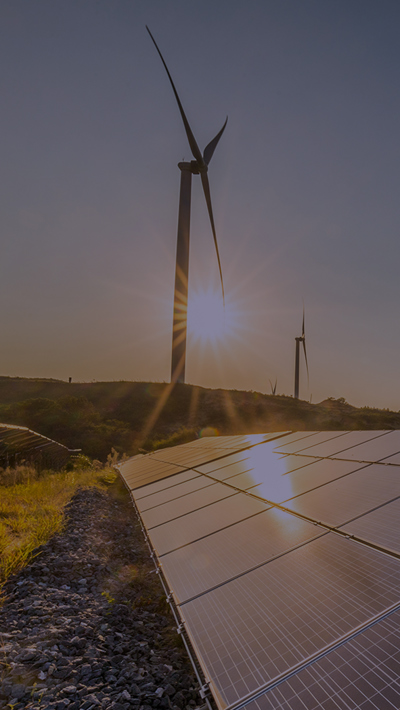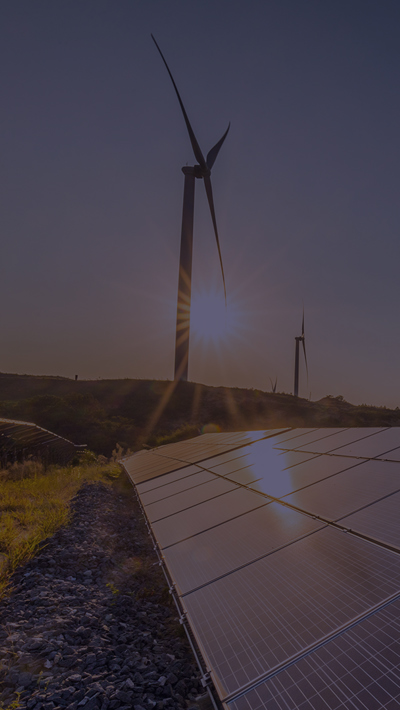Contents
New restrictions to be applied to very large electricity contracts are now in force. As an interim measure, the Electricity Industry Participation Code Amendment (Restriction on Materially Large Contracts) 2022 is intended to prevent inefficient price discrimination against the interests of consumers.
The current amendment will apply until 19 May 2023, during which time the Electricity Authority will consult stakeholders on whether it (or a form of it) should become permanent.
Submissions close on 31 October 2022.
Key changes
Generators are now prohibited from giving effect to a “materially large contract” (including extending or modifying existing contracts that would be considered “materially large”), unless certain conditions are met. Further, all new “materially large contracts” (or amendments to these) must be disclosed to Electricity Authority within 5 business days. A “materially large contract” is defined as:
- a contract that:
- is not entered into through a derivatives exchange
- relates to the physical consumption of electricity, and
- relates to a net quantity of electricity that equals or exceeds 150 MW consumed at a point in time, or
- two or more contracts between a generator (including its related companies) and a buyer (including its related companies) that when taken together satisfy the above, or two more contracts involving different generators and a buyer, where those contracts rely on each other or are interdependent).
Entering into a “materially large contract”
For a materially large contract between a generator and a buyer to be given effect, at least one of the following conditions must be met:
- the net value to the generator is positive (calculated in accordance with prescribed factors including; contract price, price for baseload futures contracts over the specified period, node location, load profile, demand response provisions, price separation provisions, contract price pegged to index, the commercial relationship between the buyer and generator, relative counterparty risk, and other financial benefits associated with the materially large contract,)
- the buyer must be able to on-sell any unused MW quantities without incurring any worse terms than if it had consumed the relevant quantity itself, or
- the Authority has provided clearance in respect of the materially large contract.
A generator must provide the following to the Authority within 5 business days of entry into, or amendment to, a materially large contract:
- a copy of the materially large contract signed by the parties,
- a statement of reasons, with supporting evidence, as to how the materially large contract satisfies conditions 1 or 2 above, and
- any information or documents, including financial modelling, that shows the impact of the materially large contract on the generator and related companies’ financial performance.
Purpose and context of the changes
The changes follow a review by the Authority in October last year of competition in the wholesale electricity market.
The Authority expects that most materially large contracts could be given effect to via the conditions and that only a very few will be required to comply with the Amendment.
What this means for you?
Generators, developers and buyers should be aware of these changes, in particular:
- “materially large contracts” should include at least one relevant condition and will need to be disclosed to the Authority;
- generators and buyers should think carefully about how they manage their contractual arrangements.
From here
If you would like to make a submission on this Amendment, we would be happy to assist.



























